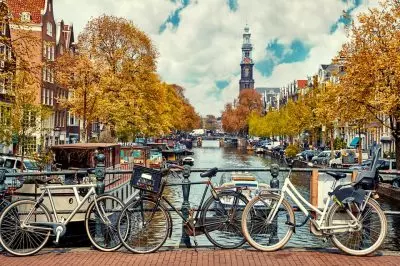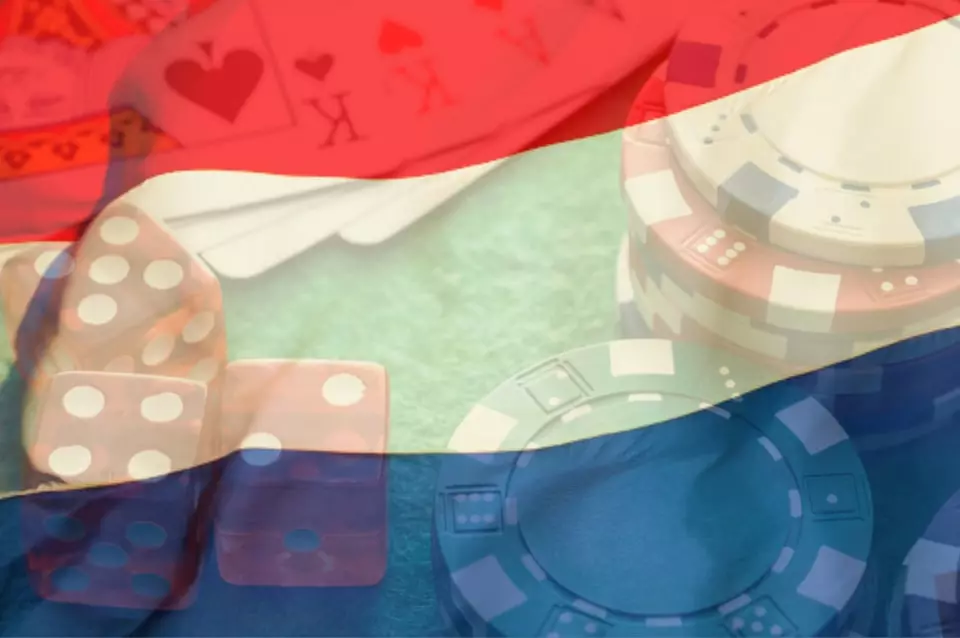 Earlier today, it was officially announced that former football players and celebrities will no longer be allowed to appear in online gambling operators’ adverts.
Earlier today, it was officially announced that former football players and celebrities will no longer be allowed to appear in online gambling operators’ adverts.
The newly-unveiled measure has been the first change brought in the Netherlands’ gambling advertising regulation since the legalization of online gambling in 2021. It has been introduced by competent authorities as part of an effort to fight the further spread of problem gambling in the country, tackling the negative effects it could have on local residents, particularly the younger ones.
Since online gambling became legal in the country, a number of former athletes and celebrities, such as Wesley Sneijder, Ellie Lust and Dick Advocaat, have become brand ambassadors of online gambling companies, participating in their television and billboard adverts.
Dutch broadcasting group NOS revealed that about 17% of all online gambling accounts in the country have been created by people between 18 and 24 years of age, even though such people account for only 11% of the country’s population. For some time now, Franc Weerwind, the legal protection minister of the Netherlands, has been working on a ban aimed at indiscriminating gambling advertising. He has also called for the Government to suspend the use of celebrities in online gambling operators’ adverts as a measure to protect local people.
According to a representative of the addiction institute Trimbos, Tony van Rooij, such a measure may be helpful for tackling the negative impact the use of celebrities may have on customers, especially younger and more vulnerable ones.
Football Clubs’ Gambling Sponsorship Deals Also Targeted by Restiction Proposals
 As mentioned above, as of today, local celebrities and former football players are no longer allowed to participate in gambling adverts. For some time now, the legal protection minister has been working on the suspension of certain gambling adverts on TV but such a measure takes time. Eventually, he has managed to adjust the rules for the content of gambling adverts in order for the measure to be unveiled.
As mentioned above, as of today, local celebrities and former football players are no longer allowed to participate in gambling adverts. For some time now, the legal protection minister has been working on the suspension of certain gambling adverts on TV but such a measure takes time. Eventually, he has managed to adjust the rules for the content of gambling adverts in order for the measure to be unveiled.
Minister Franc Weerwind has referred to a 2015 survey that showed that using celebrities and professional football players could normalize gambling for customers. On the other hand, the normalization of gambling would have made it more difficult for the authorities to estimate the risks associated with gambling and the possible negative effects on the customers.
Apart from the recently announced restrictions, the local Socialist Party plans to submit a special motion seeking to ban gambling sponsorship deals, with the new rules set to apply to new contracts. According to the Socialist Party, such a motion may get the support of the House’s majority.
The consideration of tougher measures against the online gambling sector and operators’ advertising, however, does not seem to bother some football clubs. A week ago, Amsterdam football club Ajax officially revealed that it had inked a sponsorship agreement with the online gambling operator Unibet.
According to the local sports website SportNext, the majority of Dutch Eredivisie football clubs currently have a gambling company for a sponsor, including 10 that are linked to Toto. Local media hubs have reported that Unibet had also been negotiating a gambling sponsorship deal with AZ of Alkmaar, but the parties, eventually, failed to reach an agreement.